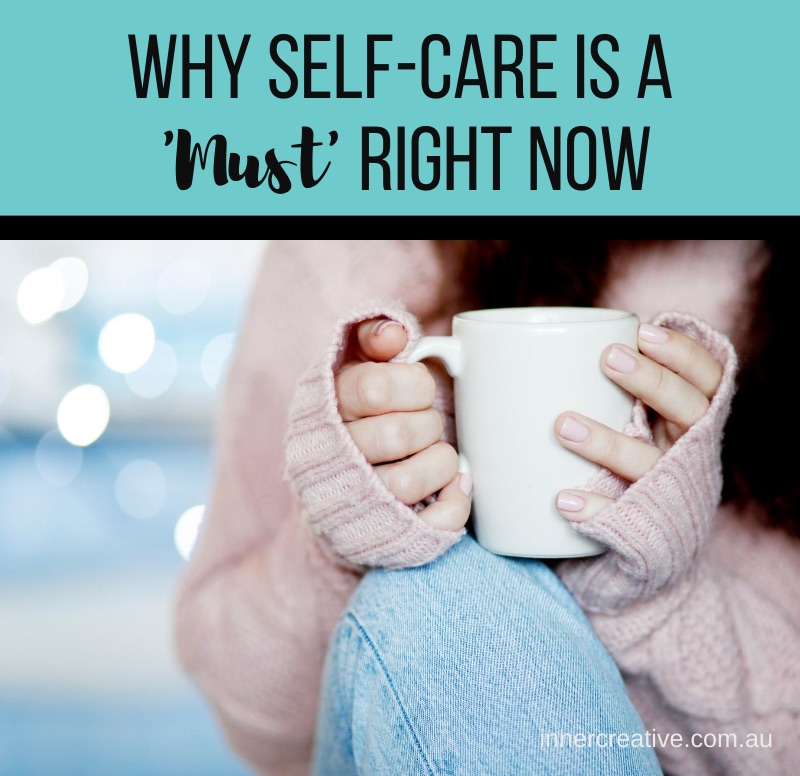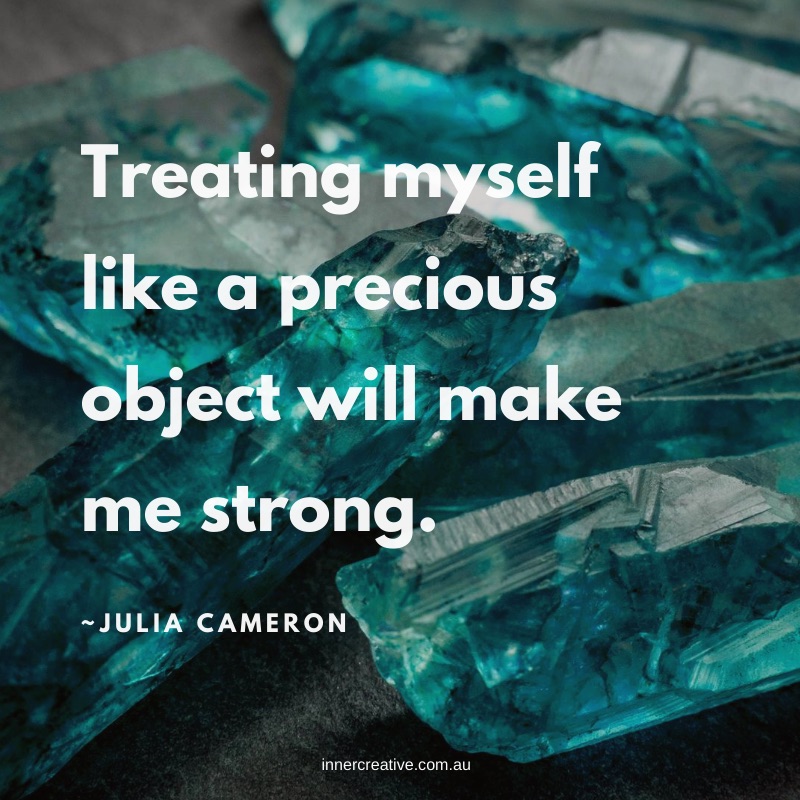Self-care can get a bad rap. It can seem a bit self-indulgent or for those with plenty of time on their hands- the domain of day spas and health resorts. And while there’s nothing against having a bit of pampering, this is not exclusively what self-care is about.

At its core, self-care is about caring for ourselves by doing activities and practices that reduce our stress levels and improve our wellbeing.
In the pursuit of greater efficiency and productivity gains, we can fall into a trap of treating ourselves like machines. We find ourselves eating lunch at our desks or working through lunch and skipping it altogether. We push through discomfort, run ourselves to the ground, or find ourselves going through the motions. But this is not sustainable. Even machines are subject to wear and tear, and need regular maintenance to avoid breakdown.

So why is Self-Care so important right now?
Our stress levels become more consistently elevated in times of high alert and great uncertainty. When life is unpredictable and constantly changing, we need to be flexible, adaptable, open to possibilities, inventive, and resilient. However, it is really hard to be like this under extreme fear or stress. It’s like being expected to come up with your best idea when you’ve been put on the spot by senior exec in front of large group of people. And maybe we can rise to the challenge on occasion. However, if we’re faced by this type of stress over a long period of time, our performance deteriorates and we revert to basic survival. When we’re feeling fearful, stressed, defensive, or at worst, shut down, it’s hard to see new opportunities or be receptive to new ideas, let alone productive.
Your resilience is not how firmly you can stand but how fluidly you can bend.
~Marcus Buckingham
To be creative and adaptable, we need to be open-minded, relaxed, optimistic, and, dare I say, happy. When we incorporate self-care practices into our work and lives, we build up a buffer against external stressors, create greater resilience, and are more likely to feel relaxed, engaged, and receptive to new ideas.
What types of activities constitute Self-Care?
Self-care practices can be aimed at nurturing our mind, body, spirit, or combination. For example:
- Monitoring and engaging in positive self-talk
- Setting and keeping healthy boundaries
- Practising meditation and mindfulness
- Expressing appreciation and gratitude
- Getting enough exercise and sleep
- Eating well and having good nutrition
- Undertaking creative pursuits and learning new skills
- Fostering good relationships and community connections
While there are some self-care practices that would be considered generally beneficial, such as drinking a glass of water or pausing to take a deep breath. There’s no one size fits all approach to self-care. Meditation is not for everyone. Neither is training for a long distance run, nor knitting a sweater.
Pick self-care strategies that make you feel good and happy, are nurturing, and replenish your energy levels.
It involves exploring and testing different practices until you find what works best for you. We also need to appreciate that some self-care strategies are better suited at different times, based on our mood and situation. And our preferences may change over time.
Incorporating self-care into your daily routine is no longer a ‘nice-to-have’, but a ‘must-have’.
Self-care may seem a little extravagant or like an indulgence. But in times of upheaval and elevated stress, self-care is even more essential for coping with the demands of work and life. Self-care better equips us to adapt and respond to uncertainty and change. We’re more likely to be creative, resilient, productive, and hopefully, happier. So, remember to keep self-care on your agenda and part of how you go about your day.
In future blogs, I’ll write about how to work out the best self-care activities and practices for you (using my Self-Care Bingo worksheet), and how to incorporate self-care in the workplace.
In the meantime, join me on the Career Care Package LinkedIn Live with Karalyn Brown and Naishadh Gadani at 3pm on Monday 31 August (go to Naishadh’s LinkedIn activity tab or Your Career Down Under on Facebook to watch the replay). We discuss how to overcome lockdown fatigue and go through a creative exercise to identify easy ways to boost your mood and wellbeing throughout your day.




